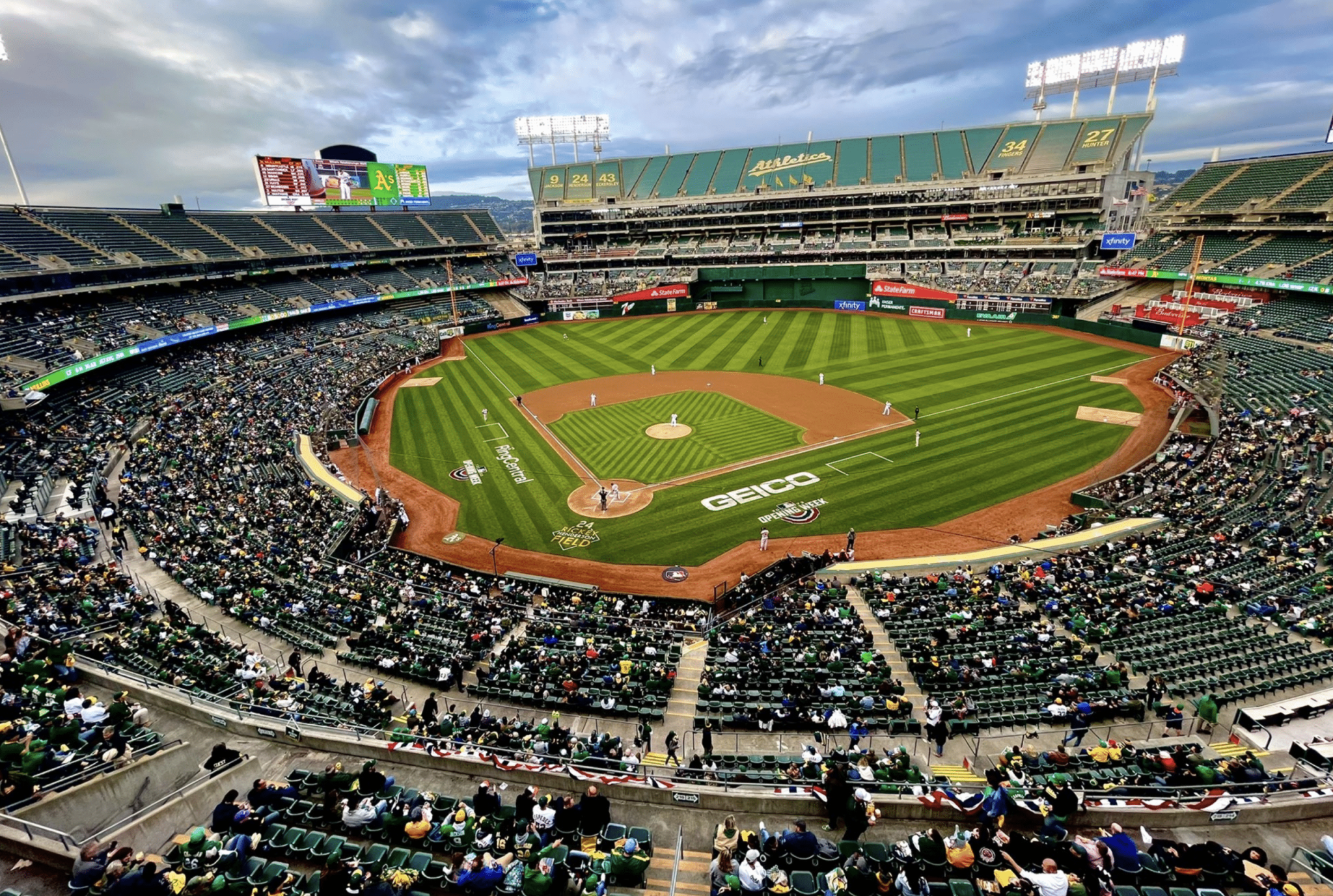Dave Trembley might rest a bit easier on Sunday night—perhaps with a wink or two of sleep—after the Orioles snapped a nine-game losing streak with an 8-3 victory over the Oakland Athletics, but the Baltimore manager is undoubtedly looking over his shoulder and feeling butterflies every time his phone rings after a horrendous 2-11 start.
The reasons for the poor start are countless, but—as is always the case—fingers point quickest to the manager as the first to take the fall. Terrible situational hitting, ineffective bullpen work, injuries, and all-around lifeless play have quickly eradicated the enthusiasm for a 2010 season that looked to be the Orioles’ most promising in quite some time.
To pin all blame on Trembley for the team’s miserable start is undeserved. A team with talent—overrated or not—has no excuse to play this poorly to begin the season. Regardless of who’s hitting where in the lineup, a .126 average with runners in scoring position (entering Sunday) over the first two weeks of the season should not happen at the major league level.
In short, the notion of firing Trembley strictly on 13 games and a 2-11 record is unwarranted. It smells far too much like the decision to fire Cal Ripken, Sr. after an 0-6 start in 1988, a ridiculous move from a team largely devoid of talent. Of course, that firing and subsequent hiring of Frank Robinson paid no immediate dividends as the club went on to lose 15 more in a row for an 0-21 start before finally securing its first victory.
As miserable as the start of the 2010 season has been, it’s the equivalent of slightly more than one game in the NFL’s 16-game schedule. A 37-3 loss in Week 1 would certainly be disheartening for the Ravens but would hardly justify Ozzie Newsome firing John Harbaugh the following Monday.
Even if unlikely to happen, there is plenty of time for the Orioles to turn things around in hopes of having a respectable season. The question will be whether Trembley sticks around long enough to see the 2010 season to its conclusion.
But if you’re general manager Andy MacPhail and considering the possibility of dismissing the manager, what have you honestly learned about Trembley in 13 games that you didn’t already know in his two-plus seasons as manager?
Herein lies the problem.
The overall demeanor and listless play of the club suggests a group of players that doesn’t believe in its manager. The Orioles are playing baseball here in April far too much like those Augusts and Septembers we’ve come to detest over the last 12 years.
Failing to run out ground balls, missing cutoff men, and making blunders on the bases are the same fundamental mistakes that were supposed to be remedied by Trembley and his coaching staff.
Firing Trembley now only proves how big of a mistake MacPhail made in retaining the Baltimore manager last October.
When MacPhail announced the Orioles were retaining Trembley for the 2010 season, he explained the manager would be judged more on wins and losses after being a caretaker for the young talent in 2008 and 2009.
It was a fair proposition when strictly considering the talent level with which Trembley was given to work for much of his tenure after being hired as interim manager midway through the 2007 season. MacPhail was willing to overlook Trembley’s questionable decision making and bullpen management—and the team’s 13-game losing streak in September—to give him another season.
However, did the general manager have a sense for the pulse of the clubhouse and its feelings on Trembley before making the decision?
With MacPhail acknowledging the last two seasons weren’t about winning or losing and stating that would change, perhaps the players expected, or even desperately wanted, a new leader for a new era with heightened expectations.
It’s no surprise the decision to retain Trembley was met with mixed reactions, but did MacPhail underestimate its effect on a young team already growing tired of losing?
Perhaps this team needed a new leader to begin leaving the losing mentality behind in 2010.
For comparison, think back to your childhood and imagine you’re being promoted to the fifth grade, only to find out your fourth grade teacher is coming with you. It might sound like a new year with greater expectations, but it’s still going to feel a lot like fourth grade, right?
Old habits are hard to break—especially losing. For Adam Jones and Matt Wieters and the rest of the young players, Trembley was the man leading them in defeat last season.
Actions speak much louder than words, and perhaps an impressionable group of young ballplayers viewed the retention of Trembley as a sign that the organization wasn’t yet serious about winning, regardless of MacPhail’s comments suggesting otherwise.
Make no mistake, even Trembley’s biggest critics must acknowledge he is far from the only problem plaguing this team. The players need to take their equal share of accountability, but if the skipper does not have their support, it casts a black cloud over MacPhail’s ability to gauge the overall mindset of his baseball team.
And that distinct possibility is far more concerning than anything that’s taken place over the first 13 games of the 2010 season. Players alone shouldn’t decide the fate of the manager, but if they were so uninspired by Trembley’s leadership, MacPhail’s decision was a poor one—and it’s a big reason why this team is off to a 2-11 start.
Perhaps the Orioles will be fine, and Sunday was the start of a winning streak that will propel the team closer to the type of season many were hoping for in 2010. Maybe this early-season struggle is simply being magnified in April and is not about a chronic issue of the manager not having the support and ears of his players.
Or maybe not.
Thirteen games may be too soon to warrant Trembley’s termination, but a 5-23 record in early May—entirely possible with 12 of the next 15 games coming against the Red Sox and Yankees—would be nearly impossible to defend, regardless of your opinion on how much of this bad start can be attributed to the manager.
If—or when—the ax falls on Trembley, MacPhail will have to look back at his decision last October to retain the manager and wonder how things might have been different had he looked for a new man to usher in a new era of expectations.
Instead, the Orioles continue to play like it’s 2008 or 2009 all over again.
































